Human Resources
£2360 (£1600 during the tuition waiver period)
This module aims to equip students with an advanced understanding of the intricacies of talent and reward management from a strategic perspective. Recognising talent as a pivotal asset, the curriculum delves deep into the methods to identify, nurture and retain high-potential individuals. Emphasis is placed on the integration of talent management strategies with broader organisational goals, ensuring that talent development and succession planning are aligned with long-term business objectives. The module also addresses the complexities of reward management in today's dynamic work environment.
Students will explore the nuances of designing compensation packages that not only attract and retain talent but also incentivise optimal performance and drive business outcomes. By examining case studies and real-world scenarios, students will gain insights into the challenges and best practices associated with both talent and reward management. They will also assess the ethical implications and the role of fairness in compensation decisions. By the end of the module, students will have developed a comprehensive understanding of how strategic talent and reward management can become a competitive advantage for modern organisations.


1. Understand the strategic significance of talent management in modern organisations
2. Appraise the complexities and components of reward management systems
3. Design talent and reward management strategies that support organisational objectives
4. Evaluate the interplay between talent management and reward strategies in driving organisational success


Scholarships
Citizens of the following countries are eligible for a 50% scholarship upon writing a personal statement. All scholarships are to be approved by the Academic Board. The list of countries are: Sri Lanka, Indonesia, Philippines, Bhutan, Morocco, Vietnam, Papua New Guinea, Laos, Cambodia, India, Nigeria, Ghana, Bangladesh, Laos, Myanmar, Pakistan, Nepal and South Africa. Please talk to your student counselor and ask for the Coupon Code to get the 50% Tuition Waiver.

To pass the unit a 40% overall grade must be achieved.

You are eligible if you meet our stipulated entry requirements.









Foundations of Talent Management
Reward Management Systems
Strategic Alignment of Talent and Rewards
Advanced Compensation Strategies
Talent Management in a Dynamic Environment
Ethical and Fairness Considerations in Talent and Reward Management
Measuring Success and Impact of Talent and Reward Strategies